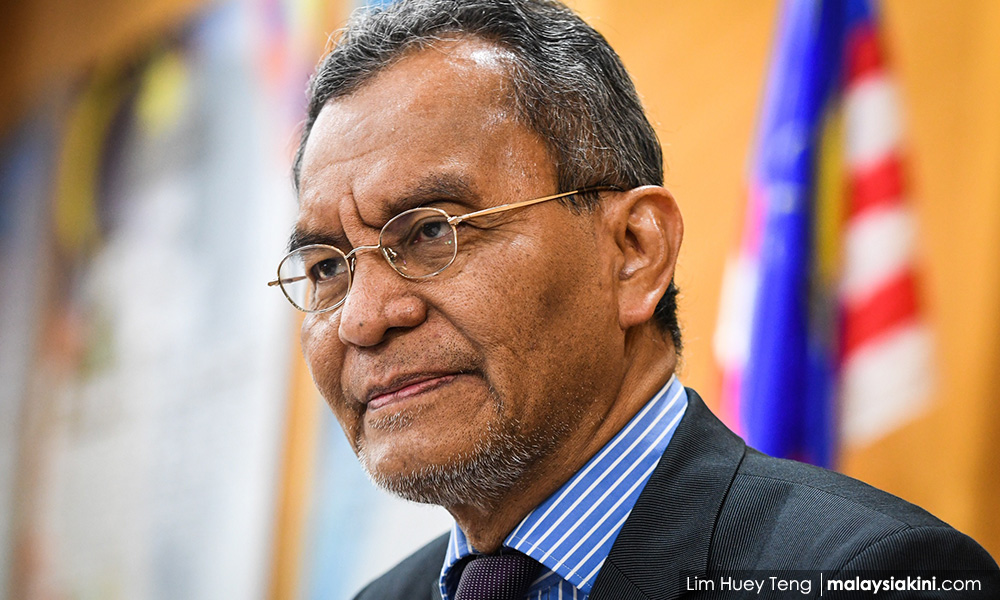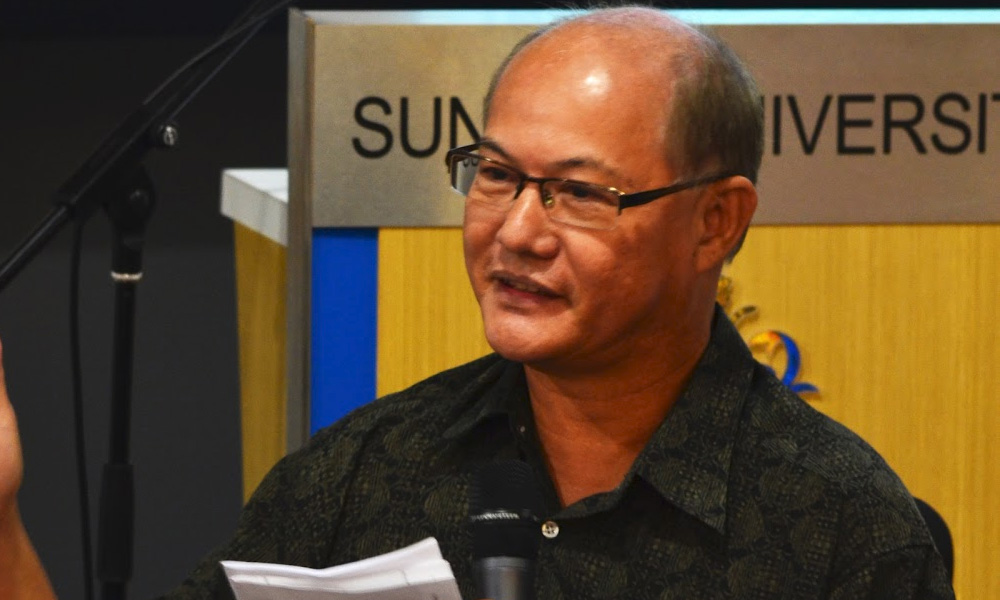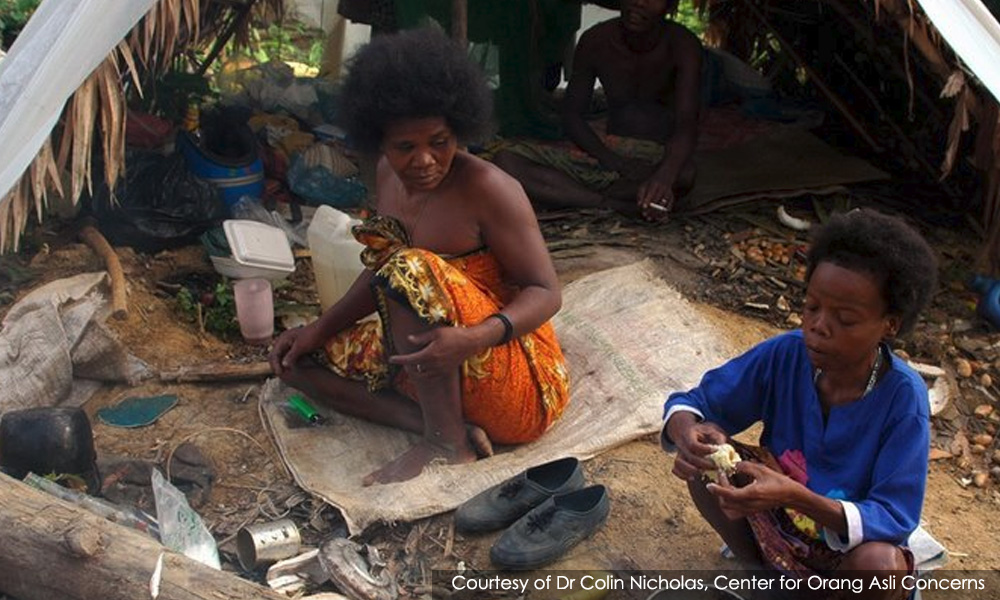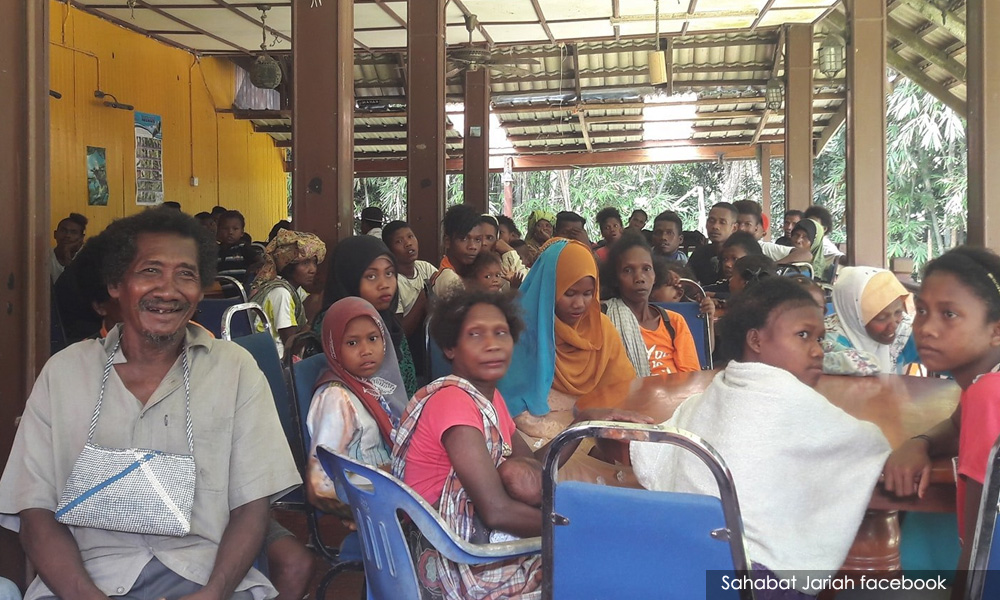
The Health Ministry's response to two separate issues regarding Orang Asli communities over the past several months has been met with disappointment and dejection from experts, who have called on authorities to release more detailed reports.
Health Minister Dr Dzulkefly Ahmad announced the findings of two investigative committees at a press conference on Wednesday.
The first was to determine the cause of 16 mysterious Orang Asli deaths in Kelantan, Terengganu and Pahang, while another investigated an allegation that Orang Asli women were coerced or misled into taking birth control medication.
He said that the spate of deaths in Kelantan's Bateq community was due to a measles outbreak, confirming the findings of an earlier report.
“Of the 16 deaths, four are confirmed to be due to measles, eight were related to the epidemiology of measles, while the cause of death for another four could not be determined because the bodies were in the advanced stages of decomposition,” he said.
He also dismissed independent studies claim that the Kuala Koh water supply was contaminated, saying, "Water samples were taken from ponds, rivers, and wells while food and soil samples were also taken to test for the presence of heavy metals, microorganisms and pesticides."
"The water was found to contain disease-causing bacteria, but was nevertheless free from pesticides and was within quality standards for raw water."
Dzulkefly also announced that there was no truth to media reports claiming that Orang Asli women in Hulu Perak had taken birth control medication under duress.
Findings reflect 'defensive attitude'
Colin Nicholas of the Centre for Orang Asli Concerns was very disappointed with the outcome of the Health Ministry findings.
"All the arguments and findings of the ministry can be challenged and evidence found to give a different result," he told Malaysiakini.
"The biggest disappointment is that the administration appears to see the two issues (the Kuala Koh deaths and the matter of ‘forced’ contraception) as one where they have to fend off any blame placed on the government or ministry."
He said that this sort of defensive attitude makes it very hard to make long-term progress on serious issues.
"It is very difficult to work with an administration that thinks this way," he said, adding that the government should "want to find the real root causes of a situation and work towards fully resolving it".

Nicholas (photo) also questioned if the remote locations, low profile and scant resources of the Orang Asli communities in question, made it easier to brush their complaints aside.
Dzulkefly had said that the contributing factors to the measles outbreak were poor vaccine coverage for the community and poor nutrition amongst Orang Asli children.
In addition, he said the Bateq’s nomadic lifestyle and custom of venturing into the jungle in cases of illness or death contributed to delays in seeking medical treatment, thus allowing the disease to spread further.
Nicholas challenged this explanation.
"If an incident the scale of the Kuala Koh type of deaths were to happen in any other ethnic community, you can be sure there would be a clamour for a royal commission of inquiry," he said.
"Instead, we have the ministry basically saying the Orang Asli complainants (of the birth control matter) are not honest, and that the Bateq’s way of life is largely to blame for the deaths (in Kuala Koh).

When news of the deaths broke in June, Nicholas had said that the root cause was not just medical, but "a direct result of what happens when people’s rights to their customary lands are not recognised and that land is taken away and their resource base destroyed".
Medical expert wants to see reports
Dr Milton Lum, a member of the Malaysian Medical Council and former president of the Malaysian Medical Association, was also unhappy with the Health Ministry's methods.
"It is pertinent to note that the Health Minister issued a press statement but the full report of the internal inquiry was not disclosed," he said.
"There was no external or independent inquiry – a weakness which impacts on the credibility of the inquiry."
"The press statement contained no information about the rationale for a case- control approach, the method of selection of the women from the two kampungs listed as cases and controls, the differences in the numbers of cases (eight) and controls (20) and the number of women who understood the objectives of contraception," he said.

Lum also highlighted that Dzulkefly's press statement does not address the question of whether the Orang Asli were provided information about the considerations when choosing contraception and counselled.
"Did they make an informed choice?" he asked.
Lum, who was also formerly president of the Obstetrical and Gynaecological Society of Malaysia and an executive board member of the International Federation of Gynaecology and Obstetrics, questioned why the forced contraception investigations were only carried out in Perak.
"Why did they not also investigate the complaints by Orang Asli women in Kelantan, particularly the woman who was reported to have complained of coercion in contraception? What are the reasons for the omission of the Orang Asli women in Kelantan?" he asked.
Lum was referring to Nora Kantin, a Temiar villager, from Kampung Lambok, RPS Kuala Betis, Gua Musang, Kelantan.
On July 11, Kantin told Malaysiakini that Health Ministry officials, who came to Orang Asli villages in mobile clinics, would often force women into taking birth control injections and that newlyweds among the community were especially targetted and forced to take the injections after having just one child.
"The injections harm our health. Many women become bloated, going from skinny to overweight quickly. We all felt weak after the injections," she said at the time.
Kantin herself, when told of the ministry's findings, said she was dejected and that for the time being she was unsure how to respond to the report.
Malaysiakini is also attempting to contact Jakoa director-general Juli Edo for further comment.
Lum feels that closure in the reported cases has not been achieved.
"The approach in this investigation raises fundamental questions about the validity of the findings claimed in the minister’s press statement.
"The minister is urged to disclose the full report."
"As such, the jury is still out on whether there is substance to the allegation that there was coercion in contraception for some Orang Asli women," he said. - Mkini


No comments:
Post a Comment
Note: Only a member of this blog may post a comment.